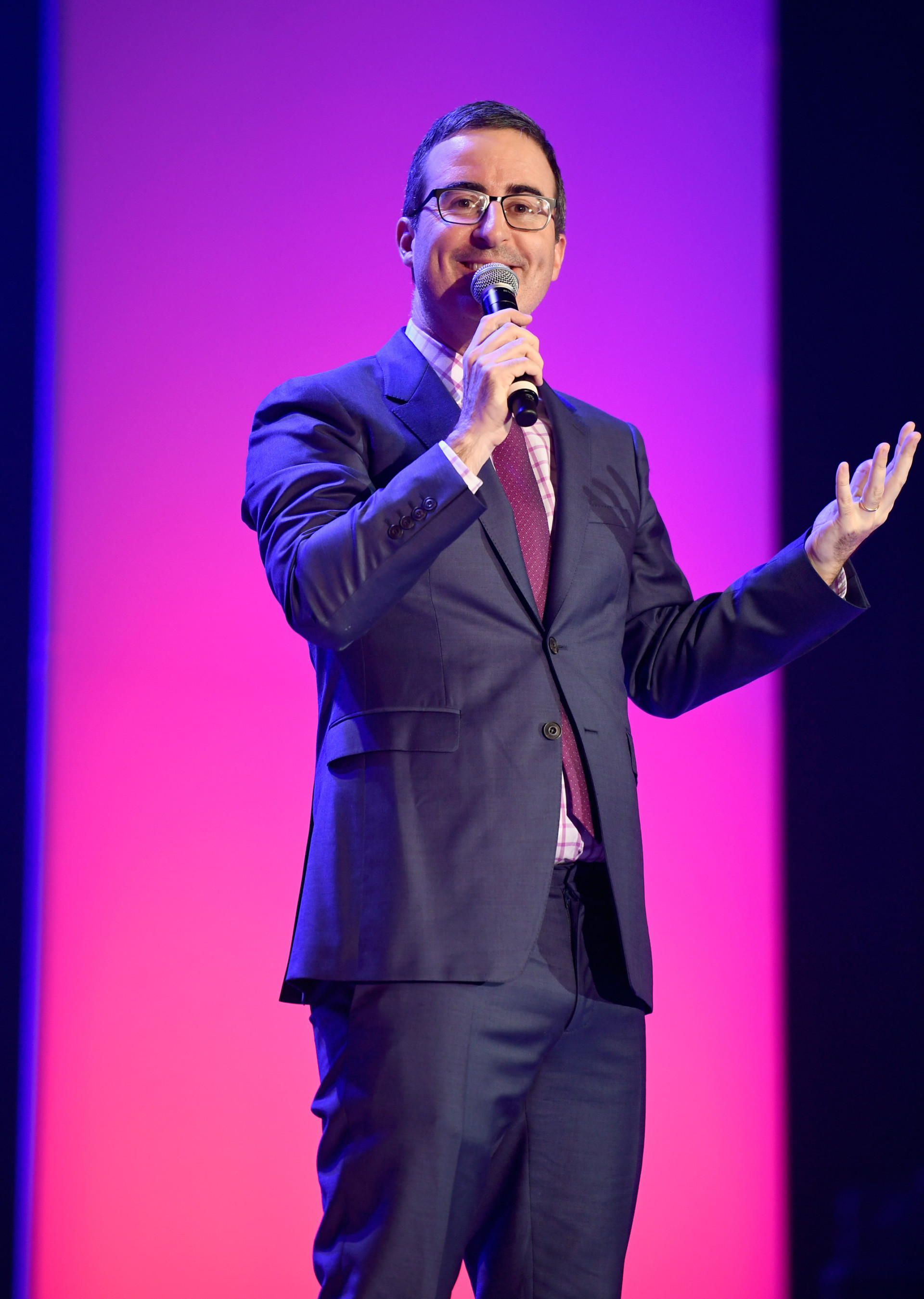With the Federal Communications Commission moving toward repealing Obama-era net neutrality rules, a new poll shows strong, bipartisan backing to keep them in place.
Sixty-percent of respondents in a Morning Consult/POLITICO poll said they support rules that say internet service providers like Comcast Corp. and Verizon Communications Inc. “cannot block, throttle or prioritize certain content on the internet.”
The difference between supporters by party was 2 percentage points, with 59 percent of Republicans and 61 percent of Democrats backing the rules. The same percentage of tea party supporters and Democrats expressed strong support for net neutrality, at 37 percent.
Internet service providers such as Comcast say they are committed to the net neutrality principles. But they don’t like the legal footing on which the rules were established — specifically, regulating ISPs like utilities by classifying broadband internet as a “common carrier” under Title II of the Communications Act of 1934.
“Our members believe consumers deserve enforceable rules that prohibit the blocking or throttling of legal internet traffic without relying on antiquated regulations that can stifle needed investments in networks,” said Amy Schatz, vice president of media affairs for ISP trade group U.S. Telecom, in an email to Morning Consult.
Net neutrality advocates point out that Verizon sued the FCC in 2011 over net neutrality rules written under Title I of the Telecommunications Act of 1996, with broadband classified as an “information service.”
The U.S. District Court of Appeals for the District of Columbia ruled in favor of Verizon in 2014 and suggested that if the FCC wanted to enforce net neutrality rules for ISPs, they would have to classify them under Title II, a classification that would open them up to “utility-style” regulations.
A poll in April found that 51 percent of registered voters opposed treating the internet like a utility, though 61 percent said they supported net neutrality under that context.
In 2015, the FCC followed the court’s suggestion and adopted an Open Internet order establishing the common carrier classification ISPs oppose.
The seemingly-wonky issue has received renewed public attention recently by way of a scathing HBO riff by comedian John Oliver, who encouraged people to write the FCC to ensure it keeps “strong net neutrality rules” on its books. The clip from early May has about 4.5 million views on YouTube.
But the increased publicity has only gone so far. Twenty-three percent of those polled this month said they didn’t know enough about net neutrality or didn’t have an opinion.
“A large part of our work as net neutrality advocates is simply to educate more people about the issue,” Timothy Karr, senior director of strategy for the advocacy group Free Press, said in an email to Morning Consult. “Once they learn about the open-internet principle, it becomes difficult for people to oppose it.”
Republicans and ISP trade groups are calling for Capitol Hill to resolve the legal debate.
“We would like Congress to get involved to help settle this long-running issue with bipartisan legislation,” said Schatz, of U.S. Telecom.
Congressional Republicans, along with ISP representatives, have been blurring the definition of net neutrality. FCC Chairman Ajit Pai and Sen. Ron Johnson (R-Wis.) both referred to net neutrality as a “slogan” during a June 5 interview with WTMJ, a Milwaukee radio station. Johnson also voiced support for “fast lanes” that would be created by paid prioritization of content.

